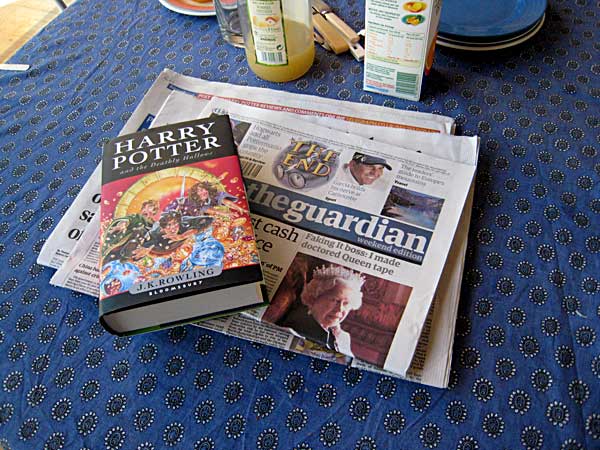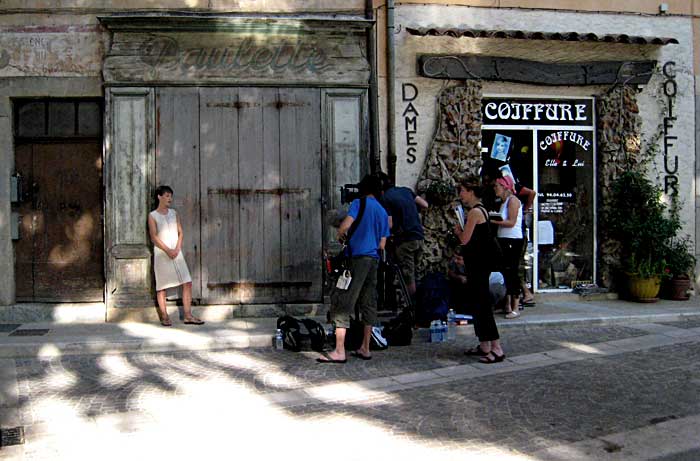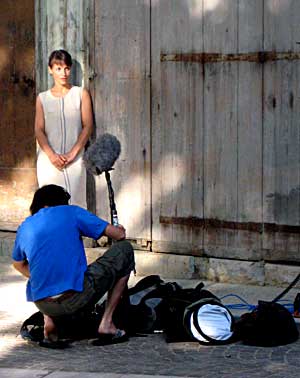Hooray! Here’e how Techcrunch puts it…
The British government turned down a request by the UK music industry to extend copyright for sound recordings beyond 50 years to 70. Artists are now particularly concerned with copyright as demand for their back catalog and accompanying royalties grow.
Such an extension would retain the ownership rights and royalties for artists like Cliff Richard, Paul McCartney, and their publishers. Cliff Richard, whose 1958 hit “Move It!” is nearing the cut off, would be one of the first to lose his ownership.
The government decided against the extension because it would require pushing the European Commission for changes and may increase costs while not benefiting the majority of performers. Predictably, artists and the industry fired back saying the government was simply refusing to support artists…
Reuters report here.
Queue here to put some money in Cliff Richard’s hat.







